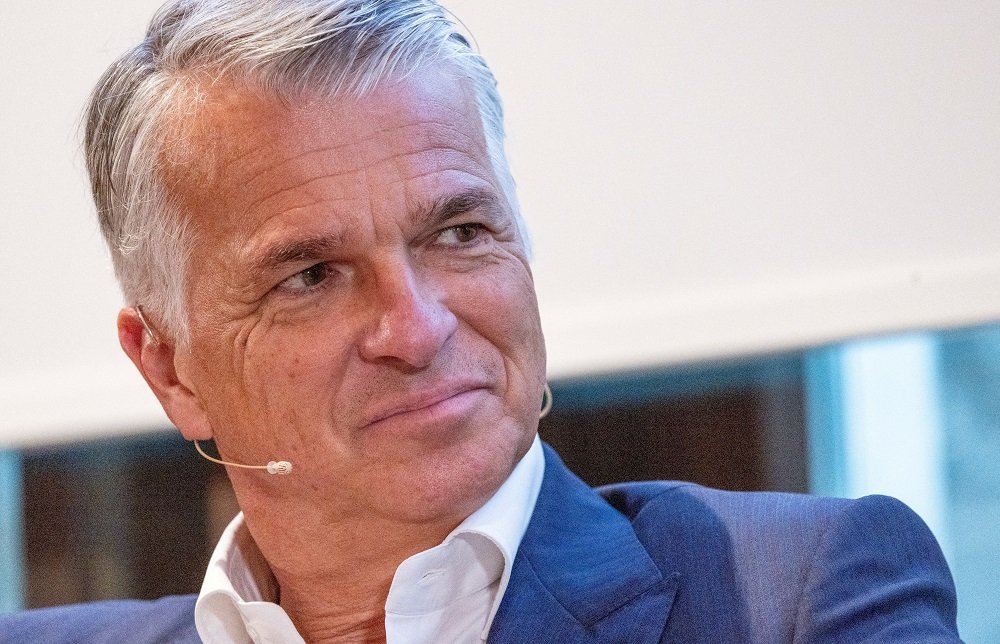SIX PAYMENT SERVICES AND ALIPAY TO INTRODUCE CHINESE CUSTOMERS’ POPULAR PAYMENT METHOD TO MERCHANTS THROUGHOUT EUROPE
Published by Gbaf News
Posted on December 7, 2016
5 min readLast updated: January 22, 2026

Published by Gbaf News
Posted on December 7, 2016
5 min readLast updated: January 22, 2026

Pan-European payments provider SIX and Chinese mobile payments pioneer Alipay respond to a major retail trend by planning to support merchants in tapping into the potential of millions of new customers. Users of the popular Chinese payment App Alipay will soon be able to pay at SIX payment terminals across Europe.
Today, SIX Payment Services and Alipay, the third-party payment and lifestyle platform operated by Ant Financial Services Group, announced their close cooperation for the acceptance of POS and E-Commerce payments across Europe. Under the terms of the agreement, Alipay’s payment service will be integrated into the payment application of SIX in order to enable merchant clients of SIX to accept Alipay payments from Alipay users.
Huge potential for European merchants
Merchants have benefitted from the influx of Chinese tourists in Europe for several years now. In 2015 alone, Chinese tourists spent 292 billion dollars. This trend is far from reaching its peak and millions of Chinese Travelers are expected to visit Europe in the coming years. The ability to address the specific payment requirements of Chinese customers can be a differentiating factor for merchants in retail and hospitality. Alipay is the leading payment service provider in China, with more than 450 million users, a market share of 80% in mobile payments. Alipay customers are typically technology-savvy and enjoy using of their mobile phone to effect fast and simple payments.
SIX and Alipay are also looking at offering value added services to merchants, with a specific focus on marketing support and customer activation in the target segment. Alipay has already embedded its ‘Global Lifestyle Platform’ in the Alipay app to connect merchants and customers.
Rita Liu, Head of Alipay Europe, says: “The cooperation with SIX gives Alipay access to a broad merchant base across Europe: potentially Alipay users will be able to pay at 110.000 additional merchants in Switzerland and beyond. As our preferred partner, SIX takes us one step further in becoming a truly globally accepted payment system.” SIX Payment Services has a customer base of 220.000 merchants locations in Switzerland, Luxemburg, Austria, Germany and many other European countries.
Jürg Weber, Division CEO SIX Payment Services, says: «By integrating Alipay into our portfolio we take another step to ensure that SIX is the best partner for merchants. It is our strategy to be able to process all kinds of payments and Alipay as a strongly growing payment tool must be part of our portfolio. Chinese tourists demand to pay with their established solution also at European merchants. SIX is happy to offer this payment method soon.»
Pan-European payments provider SIX and Chinese mobile payments pioneer Alipay respond to a major retail trend by planning to support merchants in tapping into the potential of millions of new customers. Users of the popular Chinese payment App Alipay will soon be able to pay at SIX payment terminals across Europe.
Today, SIX Payment Services and Alipay, the third-party payment and lifestyle platform operated by Ant Financial Services Group, announced their close cooperation for the acceptance of POS and E-Commerce payments across Europe. Under the terms of the agreement, Alipay’s payment service will be integrated into the payment application of SIX in order to enable merchant clients of SIX to accept Alipay payments from Alipay users.
Huge potential for European merchants
Merchants have benefitted from the influx of Chinese tourists in Europe for several years now. In 2015 alone, Chinese tourists spent 292 billion dollars. This trend is far from reaching its peak and millions of Chinese Travelers are expected to visit Europe in the coming years. The ability to address the specific payment requirements of Chinese customers can be a differentiating factor for merchants in retail and hospitality. Alipay is the leading payment service provider in China, with more than 450 million users, a market share of 80% in mobile payments. Alipay customers are typically technology-savvy and enjoy using of their mobile phone to effect fast and simple payments.
SIX and Alipay are also looking at offering value added services to merchants, with a specific focus on marketing support and customer activation in the target segment. Alipay has already embedded its ‘Global Lifestyle Platform’ in the Alipay app to connect merchants and customers.
Rita Liu, Head of Alipay Europe, says: “The cooperation with SIX gives Alipay access to a broad merchant base across Europe: potentially Alipay users will be able to pay at 110.000 additional merchants in Switzerland and beyond. As our preferred partner, SIX takes us one step further in becoming a truly globally accepted payment system.” SIX Payment Services has a customer base of 220.000 merchants locations in Switzerland, Luxemburg, Austria, Germany and many other European countries.
Jürg Weber, Division CEO SIX Payment Services, says: «By integrating Alipay into our portfolio we take another step to ensure that SIX is the best partner for merchants. It is our strategy to be able to process all kinds of payments and Alipay as a strongly growing payment tool must be part of our portfolio. Chinese tourists demand to pay with their established solution also at European merchants. SIX is happy to offer this payment method soon.»
Explore more articles in the Top Stories category











